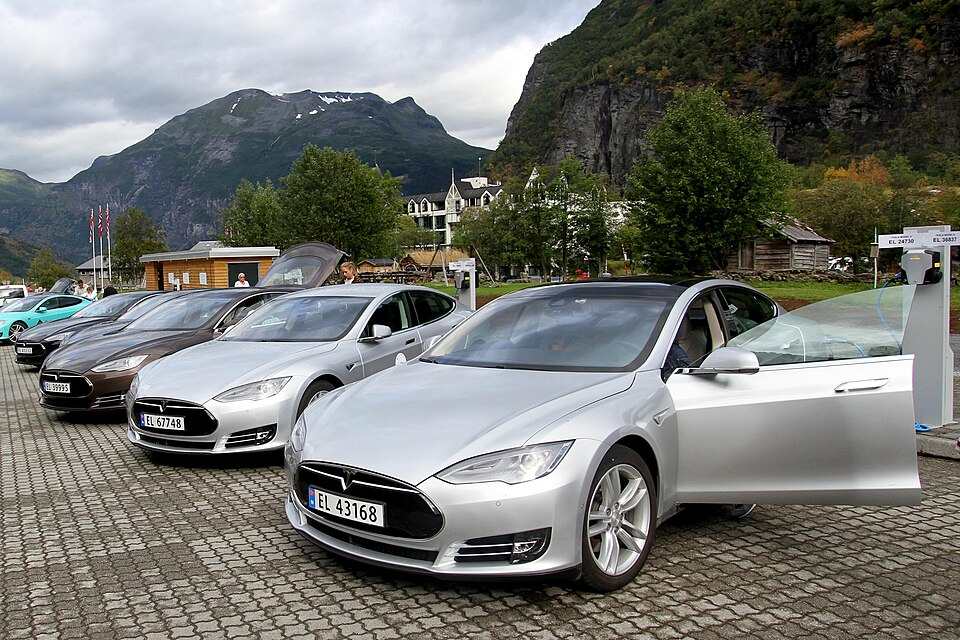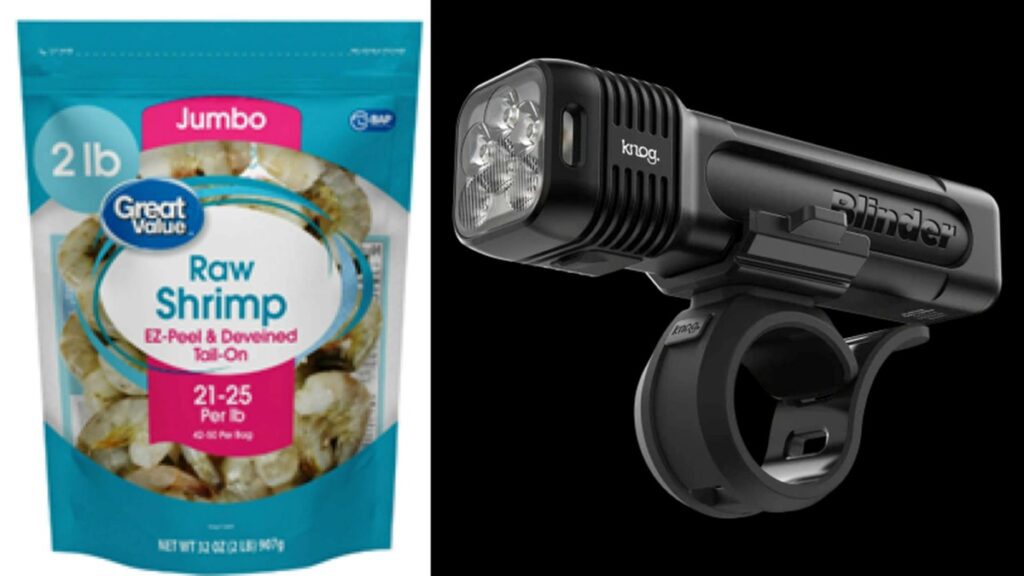Japan’s Suzuki Motor just made its biggest bet on India’s electric vehicle future. The company announced it will pump Rs 70,000 crore into the country over the next five to six years. This massive investment comes as the automaker begins producing its first electric car, the e-VITARA, at its Gujarat plant.
The timing couldn’t be more critical. India’s car market is changing fast, and Suzuki wants to stay ahead. The company already holds a commanding around 40% share of India’s car market through its partnership with Maruti Suzuki. But electric vehicles are growing faster than regular cars, and competition is heating up.
From Gujarat to the World
The e-VITARA production kicked off at Suzuki’s Hansalpur plant in Gujarat this week. Prime Minister Narendra Modi flagged off the first exports, marking a significant moment for India’s manufacturing ambitions. The plant will ship these electric SUVs to over 100 countries, including Japan and European nations like Germany, France, and the UK.
What makes this special is the scale. Suzuki plans to transform its Gujarat facility into one of the world’s largest car manufacturing hubs. The target capacity is 1 million units annually. Currently, Maruti will export between 50,000 and 100,000 e-VITARA vehicles each year.
The company chose India as its global production base for electric vehicles for good reasons. Manufacturing costs are lower here, and the skilled workforce is growing. Plus, the government’s policies are encouraging companies to make products locally and export them worldwide.
Similar Posts
Battery Revolution Begins
Perhaps the most important development is what’s happening with batteries. Suzuki inaugurated India’s first lithium-ion battery cell production with electrode-level localization at its TDSG facility in Gujarat. This is a partnership between Toshiba, Denso, and Suzuki.
Why does this matter? Batteries are the most expensive part of electric vehicles. When companies make batteries locally instead of importing them, costs come down. This means electric cars become more affordable for regular buyers. The TDSG facility will produce batteries for Suzuki’s hybrid vehicles, with about 80% of the battery value now created in India.
The e-VITARA comes with two battery options: a 49 kWh version and a larger 61 kWh pack. These lithium iron phosphate batteries can travel between 344 to 426 kilometers on a single charge. The larger battery pack supports fast charging, making long trips more practical.
Market Reality Check
Suzuki isn’t rushing to sell the e-VITARA in India just yet. Company chairman RC Bhargava explained that high battery costs would make the vehicle too expensive for price-conscious Indian buyers. The focus remains on exports first, where customers are willing to pay premium prices.
This strategy makes business sense. Electric vehicles currently make up just 4.5% of India’s car sales, though this number is growing. The government wants electric cars to reach 30% of total sales by 2030, but that’s still years away.
The e-VITARA will compete with popular SUVs like Hyundai’s Creta and Mahindra’s XEV 9e when it eventually launches in India. Pricing expectations suggest it could cost between Rs 17-22.5 lakh, putting it in the premium segment.
Infrastructure and Support
Suzuki isn’t just making cars; it’s building the entire ecosystem. The company plans to install charging infrastructure in India’s top cities over the next few years. They’re also preparing 1,500 workshops across 1,000+ cities to service electric vehicles.
The stock market clearly approves of these plans. Maruti Suzuki shares hit an all-time high after the investment announcement, showing investor confidence in the company’s electric vehicle strategy.
This investment represents more than just business expansion. It signals India’s growing importance as a global manufacturing hub for electric vehicles, potentially creating thousands of jobs and establishing new supply chains that could benefit the entire automotive sector.Related developments in India’s mobility sector include initiatives by companies like Hitachi for electric buses, investments in green energy infrastructure, and zero-emission transportation solutions. The state of Odisha has also announced significant industrial investments, while educational institutions like IIT Palakkad are advancing technology education to support this transformation.


















